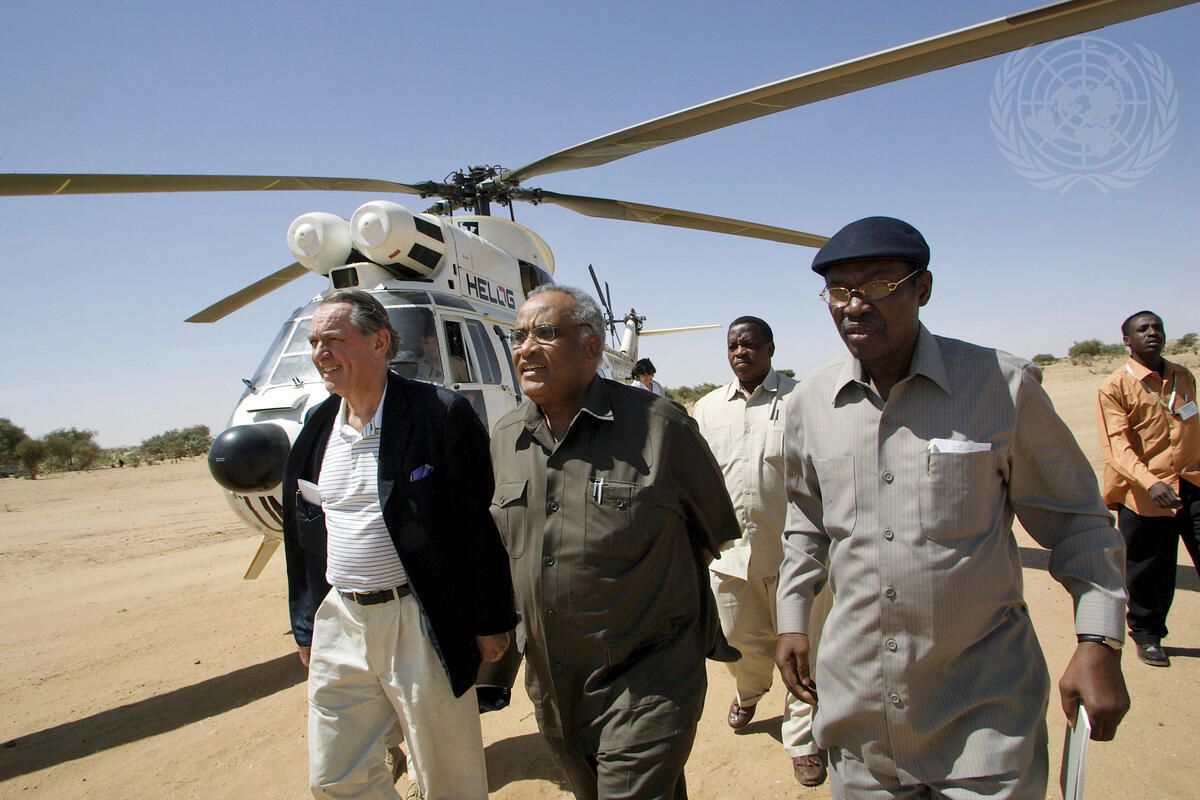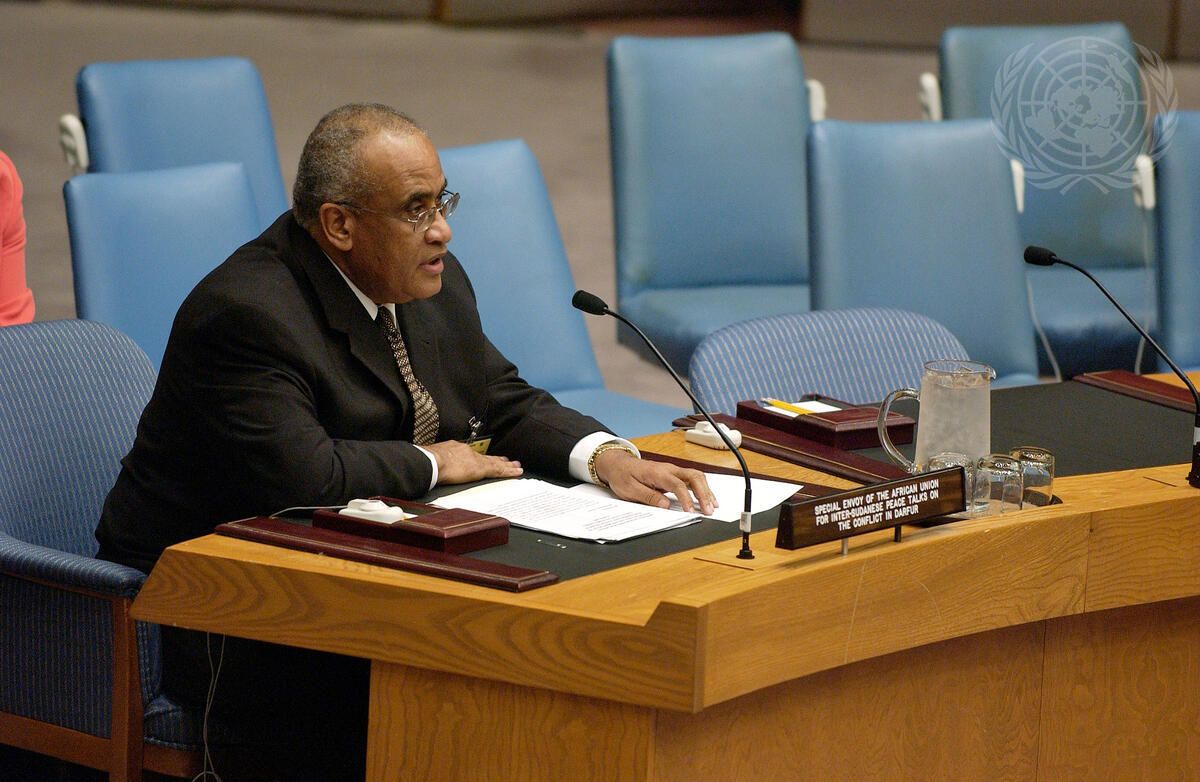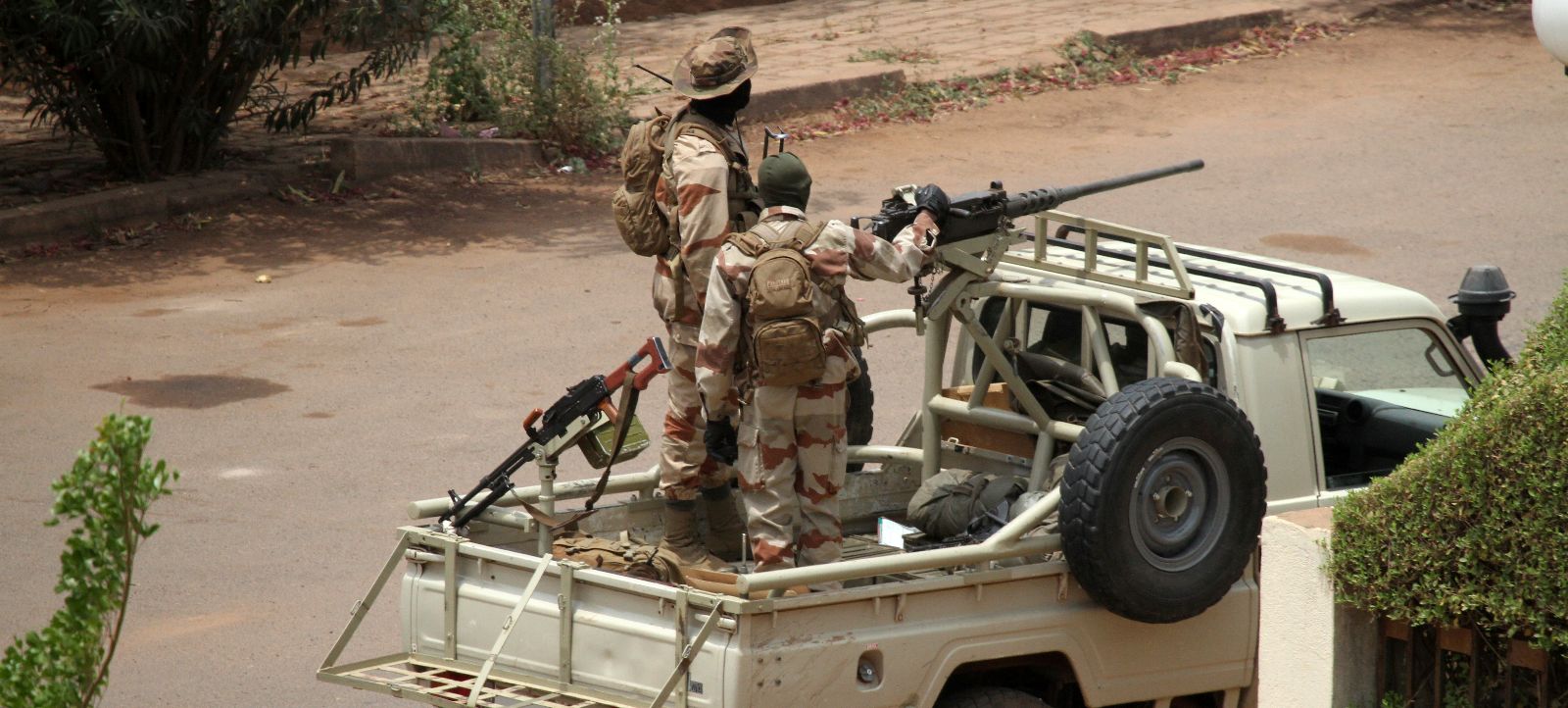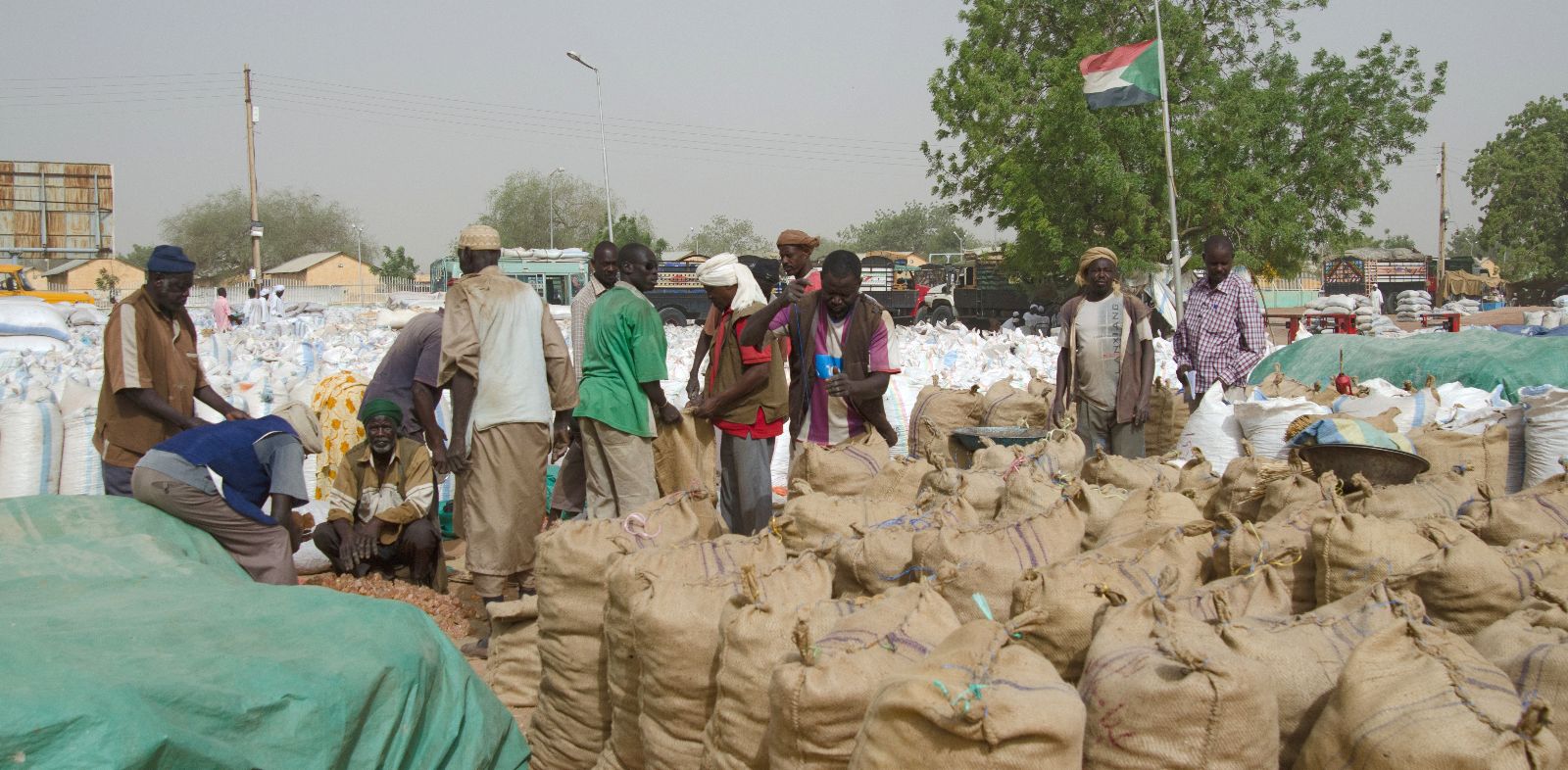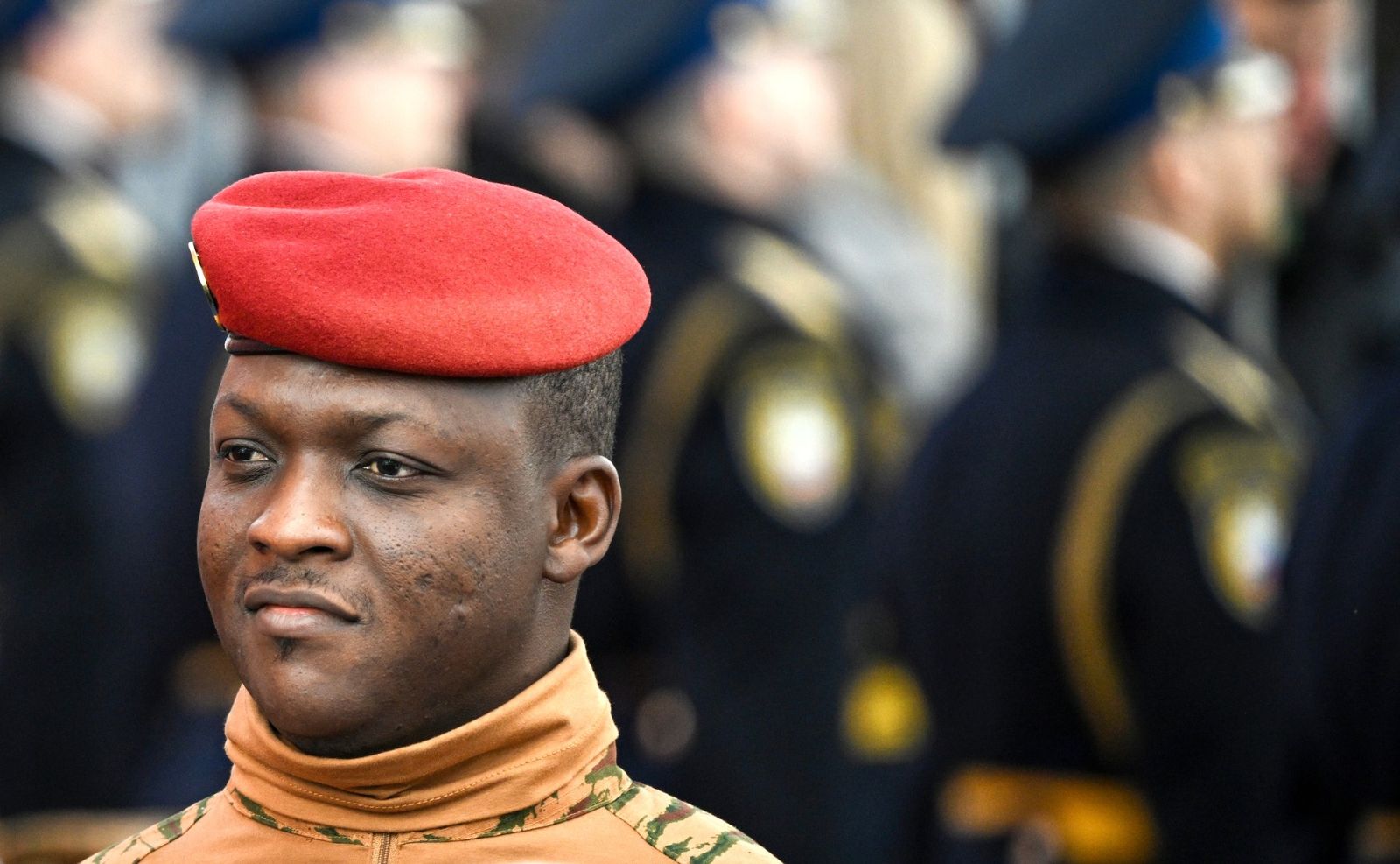This month’s monitor begins with an article from Ambassador Said Djinnit, Dr Ibrahim Assane Mayaki and former SRSG El-Ghassim Wane. In their article they discuss the lessons the African Union (AU) can draw from the way the Organisation of African Unity (OAU) responded in 1990 to the end of the Cold War. They argue that the contemporary changes to the global multilateral order presents an opportunity to strengthen African unity and integration, by building on and implementing the policy frameworks already adopted and established by the AU.
Following on, Prof Kwesi Aning writes about the political upheaval in West Africa and the effects this has had on the Economic Community of West African States (ECOWAS). Following coups in Burkina Faso, Mali and Niger, and their subsequent suspension from ECOWAS, the leaders of these states decided to withdraw from the bloc to form their own, the Alliance of Sahelian States. Prof Aning’s article discusses the impact this has had on the mandate of ECOWAS and the challenges to regional integration that the region now faces.
Keenan Govender’s article discusses the war economy in Sudan and its contribution to the perpetuation of the conflict. Beyond gold and oil, Sudan also exports large amounts of livestock and gum Arabic, a key ingredient in many products consumed everyday around the world. In his article he argues that the rest of the world, by turning a blind eye to the source of these products, participates in an exercise similar to the exploitation Africa experienced during the colonial period.
Finally, Boikanyo Nkwatle writes about Traorism fever and its impact on democracy in Africa. Captain Ibrahim Traore came to power in Burkina Faso via a coup d’état, but his seemingly effective governance style has earnt him praise from other leaders. However, as the article discusses, it is dangerous to forgo checks and balances of power for more governance efficiency.

